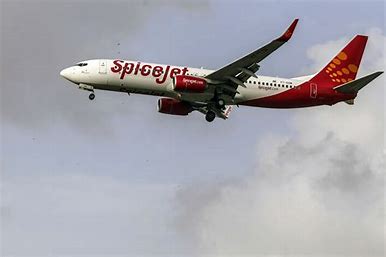
The DGCA's audit, carried out on August 7-8, targeted SpiceJet's engineering facilities amid reports of financial distress and operational disruptions, including multiple flight cancellations. The findings prompted the regulator to intensify its oversight, with plans for increased spot checks and night surveillance aimed at ensuring the airline's compliance with safety standards.
SpiceJet has previously been under similar scrutiny. In July 2022, the airline was ordered to cut its flight operations by 50% for two months due to repeated safety incidents. Although these restrictions were lifted later that year, the carrier has continued to struggle with operational and financial challenges. This year's audit and the resulting enhanced surveillance suggest that SpiceJet has yet to fully resolve these issues.
The airline's financial troubles have been evident in its market share decline, dropping from 5.6% in January to just 3.1% by July. Additionally, SpiceJet has been embroiled in legal battles over unpaid dues to various stakeholders, including aircraft lessors and vendors, further complicating its path to recovery.
Despite these challenges, SpiceJet is actively seeking to bolster its financial position. The airline has announced plans to raise ₹3,000 crore through a qualified institutional placement of shares, with shareholder approval expected by mid-September. This capital infusion is seen as crucial for the airline's efforts to expand its fleet and stabilize operations.
However, operational setbacks continue to plague the airline. Recent data from the Ministry of Civil Aviation shows that SpiceJet had the lowest on-time performance among domestic carriers, with only about 52% of its flights departing as scheduled. This, coupled with ongoing financial woes, has cast doubt on the airline's ability to sustain its operations without significant intervention.
As the DGCA continues its enhanced surveillance, SpiceJet faces increasing pressure to address the deficiencies identified in the audit and to reassure regulators, investors, and passengers of its commitment to safety and reliability.
The situation remains dynamic, with further developments expected as the airline seeks to navigate the challenges ahead.
